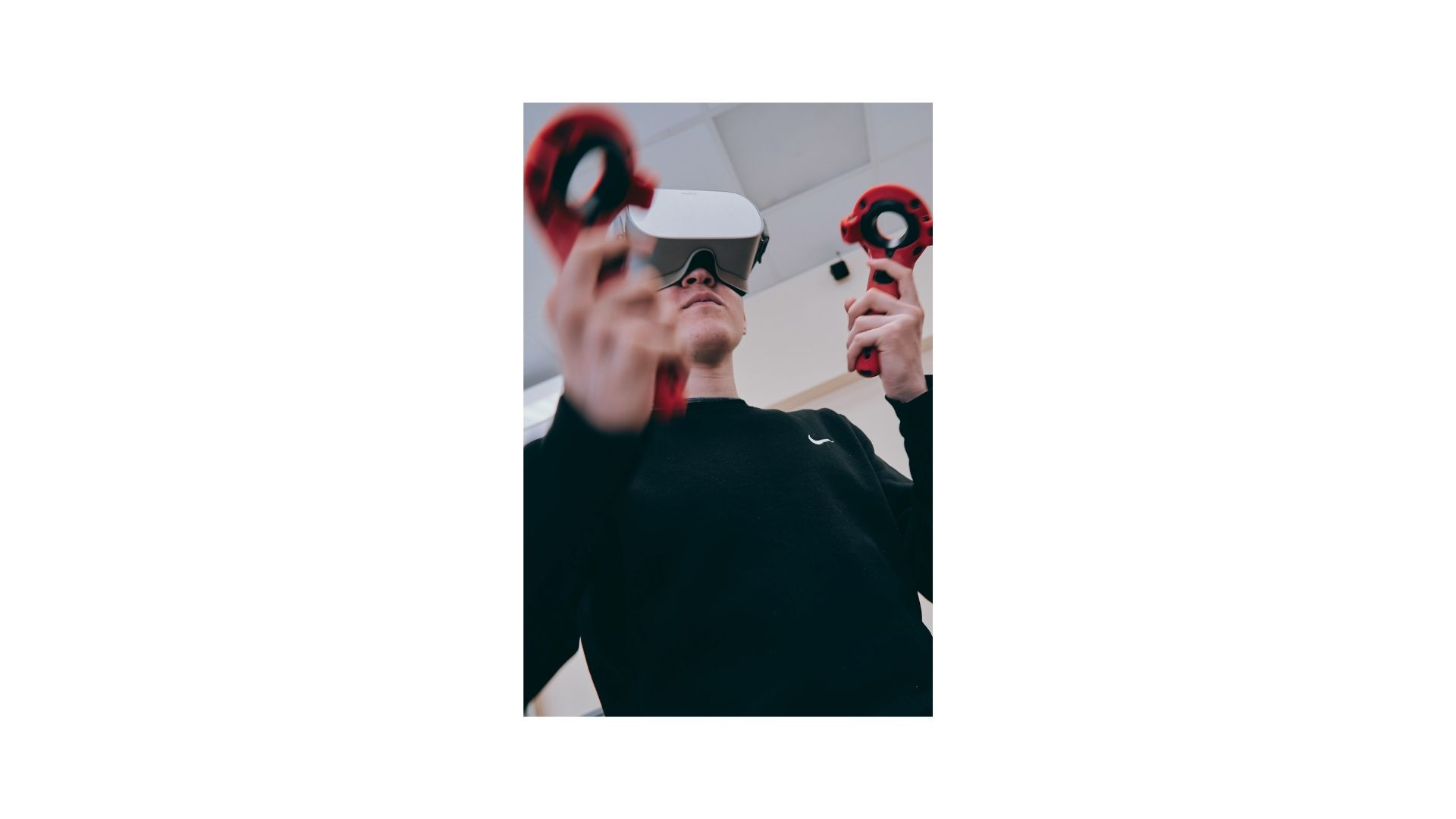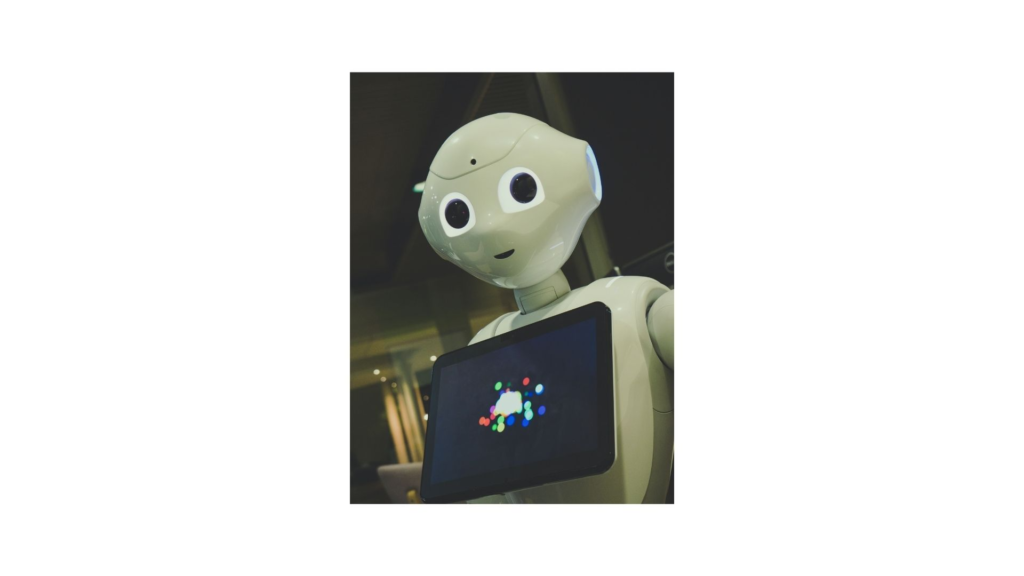Artificial Intelligence (AI) is no longer a concept confined to science fiction. It’s a reality that’s transforming our world in ways we never imagined. From self-driving cars to virtual assistants, AI is becoming an integral part of our daily lives. But what is the real truth behind this technology? Let’s dive into the shocking truths about Artificial Intelligence.
Internal link: https://visa.javanet247.com/
What is Artificial Intelligence?
Artificial Intelligence refers to the simulation of human intelligence in machines that are programmed to think and learn like humans. These intelligent systems can perform tasks that typically require human intelligence, such as visual perception, speech recognition, decision-making, and language translation.
The Evolution of AI
The journey of AI began in the mid-20th century with the development of early computers. Over the decades, AI has evolved from simple rule-based systems to complex machine learning algorithms. Today, AI encompasses various subfields, including machine learning, deep learning, natural language processing, and robotics.
The Myths and Realities of AI

Myth 1: AI Will Replace Humans
One of the most common fears about AI is that it will replace humans in the workforce. While it’s true that AI can automate certain tasks, it also creates new job opportunities. AI can handle repetitive and mundane tasks, allowing humans to focus on more creative and strategic roles.
Myth 2: AI is Infallible
Another misconception is that AI systems are perfect and infallible. In reality, AI systems are only as good as the data they are trained on. If the data is biased or flawed, the AI’s decisions will reflect those biases. It’s crucial to ensure that AI systems are trained on diverse and representative data sets.
Myth 3: AI is a Threat to Humanity
Hollywood movies often depict AI as a malevolent force that threatens humanity. While there are legitimate concerns about the ethical implications of AI, it’s important to remember that AI is a tool created by humans. Its impact depends on how we choose to use it.
The Benefits of AI

Despite the myths and misconceptions, AI offers numerous benefits that can enhance our lives and society.
Improved Efficiency
AI can process vast amounts of data quickly and accurately, leading to improved efficiency in various industries. For example, in healthcare, AI can analyze medical records and assist doctors in diagnosing diseases more accurately.
Enhanced Personalization
AI enables personalized experiences in various domains, from online shopping to entertainment. Recommendation systems powered by AI can suggest products, movies, and music based on individual preferences, enhancing user satisfaction.
Advancements in Research
AI is revolutionizing research in fields like medicine, climate science, and space exploration. AI algorithms can analyze complex data sets and identify patterns that humans might miss, leading to groundbreaking discoveries.
The Ethical Considerations of AI
As AI continues to advance, it’s essential to address the ethical considerations associated with its use.
Data Privacy
AI systems rely on vast amounts of data to function effectively. Ensuring the privacy and security of this data is paramount. Organizations must implement robust data protection measures to safeguard user information.
Bias and Fairness
AI systems can inadvertently perpetuate biases present in the training data. It’s crucial to develop AI systems that are fair and unbiased, ensuring that they do not discriminate against any group of people.
Accountability
As AI systems become more autonomous, determining accountability for their actions becomes challenging. Clear guidelines and regulations are needed to ensure that AI systems operate responsibly and transparently.
The Future of AI
The future of AI is both exciting and uncertain. As technology continues to evolve, AI will play an increasingly significant role in our lives. Here are some potential future developments in AI:
AI in Healthcare
AI has the potential to revolutionize healthcare by enabling early disease detection, personalized treatment plans, and improved patient outcomes. AI-powered diagnostic tools can analyze medical images and detect abnormalities with high accuracy.
AI in Education
AI can transform education by providing personalized learning experiences for students. Intelligent tutoring systems can adapt to individual learning styles and pace, helping students achieve their full potential.
AI in Transportation
Self-driving cars are one of the most anticipated applications of AI in transportation. AI-powered vehicles can reduce accidents, improve traffic flow, and provide greater mobility for people with disabilities.
External link: https://justicenow.pamshion.nArtificial Intelligenceet/invention-of-the-telescope.html
Conclusion
Artificial Intelligence is a powerful technology with the potential to transform our world. While there are valid concerns about its impact, it’s essential to separate myths from reality. By understanding the true capabilities and limitations of AI, we can harness its benefits while addressing its challenges. The future of AI is bright, and with responsible development and use, it can lead to a better and more prosperous world.

